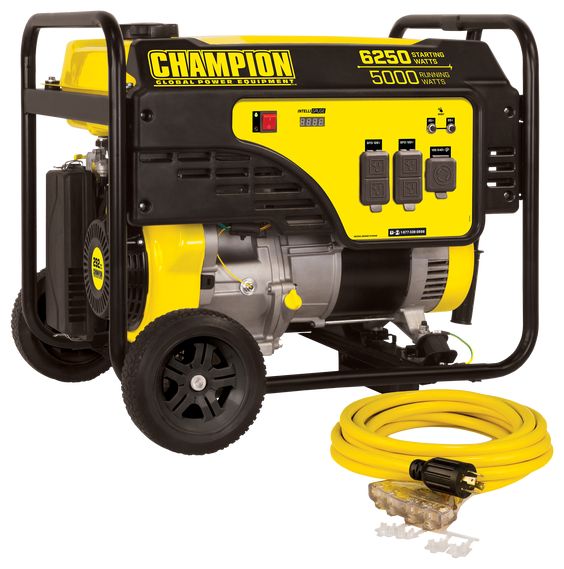Introduction
Although the frequency of sudden power cuts have dropped down a little nowadays, it’s still causing quite a nuisance, especially in the countryside. And, once the electricity is gone, you can expect to stay in the dark for quite a few hours, at the very least.
Thank you for reading this post, don't forget to the best blogger Guy About Home who offers the best garden and home improvement tips! If you are a home decor and design fan, don't miss the tips on home ideas. If you are a home garden owner, then you might be interest in our complete guides to house plants!
It may not be an issue for some people, truth be told. However, if you’re working from home or have an online business to attend to – it might affect your operational capabilities.
Due to this reason, the popularity of generators has increased predominantly. But, which one would be ideal for your house? Let’s keep reading to find out more about it.
Types of Generators to Know About
In this article, we’re going to talk about five different types of generators and talk about their pros and cons too. Hopefully, that will make it easier for you to find what you’re looking for.
1: Whole House.
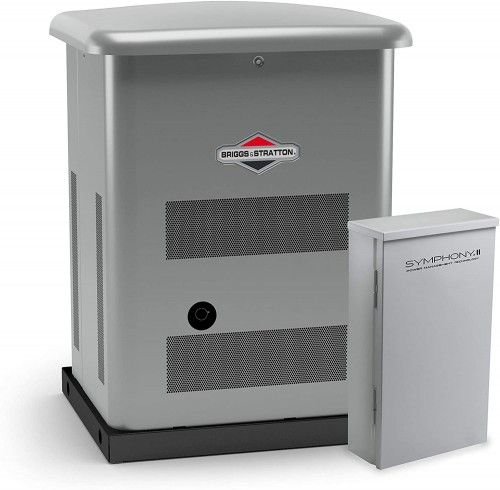
Otherwise known as a home-standby generator, this type of generator can keep almost all of the appliances running for some time. It’s basically connected to the fuel supply system from where it generates the power to keep your house illuminated.
In most cases, a whole house generator uses propane or natural gas to run properly. However a few products also come with a backup power source too. These may include – gasoline and solar power. These types of generators tend to be quite pricey too.
Pros
· It will turn on automatically in an emergency
· Can provide power to your entire house
· Is designed to run for a prolonged period
Cons
· Might take a lot of space in your house
· Noisy and tends to require yearly maintenance
2: Portable Generator.
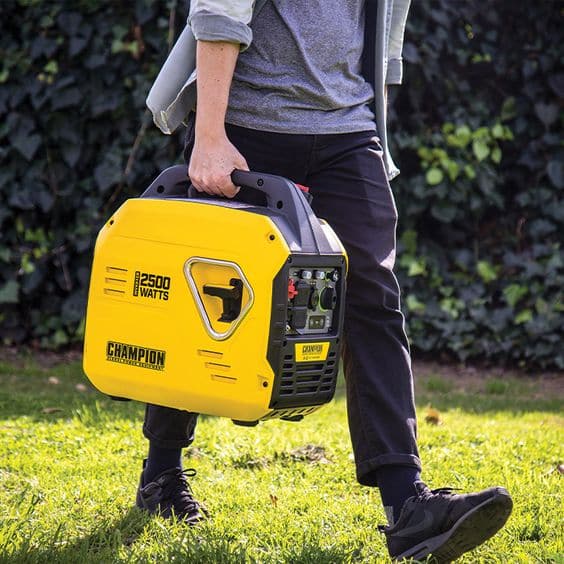
Although it’s smaller than the previous option, a portable generator can be quite powerful or potent in general. It also comes with various outlets where you can plug-in your appliance or tool to power it up and make it keep working.
Like the former, this one can also be powered by solar power, gasoline, or propane. But, it’ll not be able to power your entire house properly. You can only use it for smaller tools, like an electric drill, a lantern, a microwave, your television, etc.
Pros
· Due to its design, it’s much easier to carry and move around
· Doesn’t take too much space and can be stored easily
· Less expensive
Cons
· Can make quite a lot of sound
· Isn’t a good option to be used during an emergency
3: Inverter Generator.
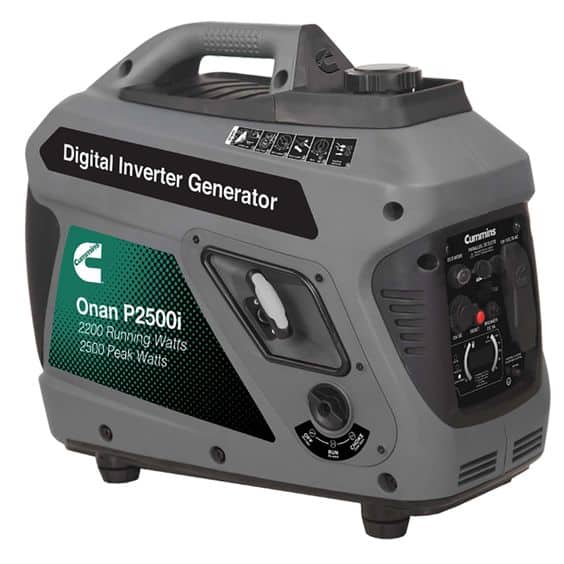
A more modernized version of the generator community, an inverter generator tends to work a little differently than a traditional option. Instead of running constantly, it will adjust to the electrical demands of your house and use the required amount of electricity only.
Due to this reason, it doesn’t require too much fuel to work. And due to the design, the noise production of the same tends to be low. Also an inverter generator produces clean energy no matter what environment it’s being used in. So, it’s an environmental choice too!
Pros
· Does not make any or minimal emissions while working
· Ideal option if you have a lot of electronic items in your house
· Does not require frequent maintenance to work properly
Cons
· Can be quite expensive
· Comes with a moderate to low power outlet
4: Diesel Generator.
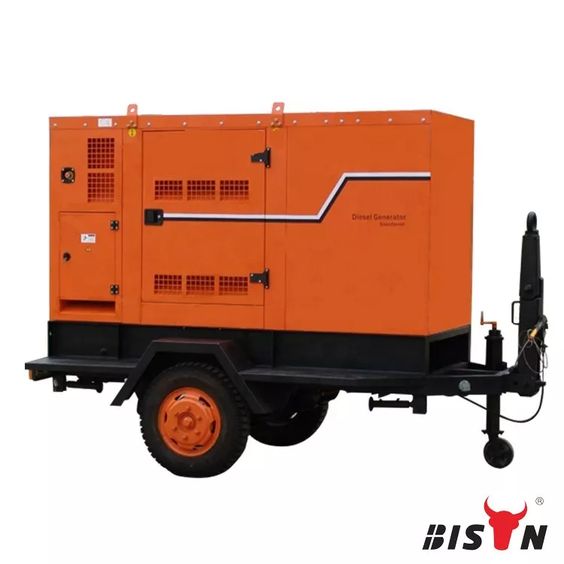
As the name implies, this type of generator uses diesel to proffer power to your home. Thus, it tends to put less strain on the machine and can stay intact for a prolonged period. Besides, a diesel generator tends to be more fuel efficient than anything else too.
However, the problem lies with the weight of these machines. Due to their design, they have a weighty appearance. Therefore, it may be a little difficult for you to take it from one place to another. Also, the emissions of the generator can be harmful if you inhale it.
Pros
· Runs much more efficiently than a gasoline-based product
· Has a much longer lifespan· More affordable and cheaper to run than gasoline
Cons
· Can only be kept in the outdoors
· Makes quite a lot of noise
5: Natural Gas Generator.
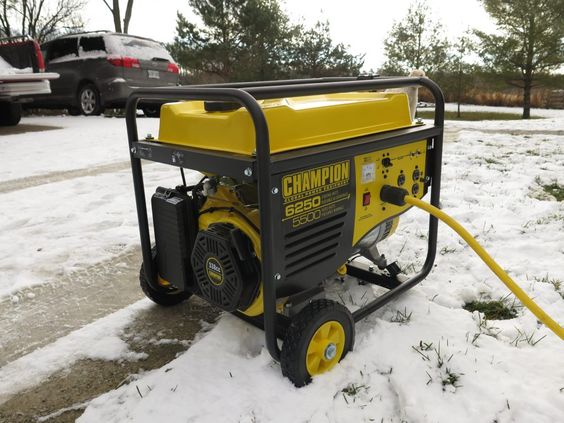
Generators, which use natural gas as their fuel, generally produce much less emissions than diesel or gasoline. They are much more cost-effective too, due to their size, design, and how they work. Furthermore, it doesn’t require any additional storage space either.
However, setting up the gas generator initially will be quite expensive. After all, with it, you will have to install the gas pipelines alongside the generator. Furthermore, they will require a little bit of attention in the respect of maintenance too.
Pros
· The level of gas emission tends to be quite low
· You can connect it with the existing pipelines
· Emits a much cleaner and environment-friendly fuel
Cons
· Installation and maintenance costs are quite high
· Cannot be kept within your house due to the massive size
Bonus: Gasoline Generator.
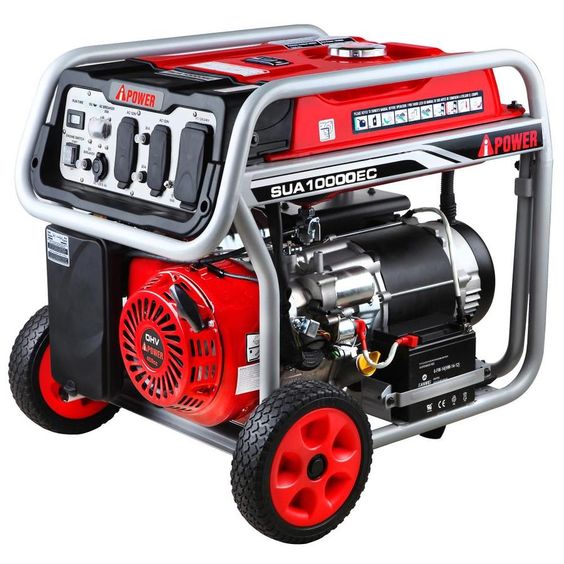
A much more common option, a gasoline generator can be quite excellent when it comes to dealing with low-powered tools and applications. Usually, the price of the generator tends to be
less expensive. However, the fuel price can be higher depending on where you live.
Nonetheless, a gasoline generator is too reliable to be used during an emergency. Also, it can be a little fragile due to the design it comes with. Therefore, you will need to maintain it on a regular basis, no matter what. Also, it can only be kept outdoors due to heavy emission.
Pros
· One of the least expensive generators available out there
· Can be much quieter than the diesel-based generators
· Pretty common and can be found everywhere
Cons
· Emits a huge amount of gas
· Highly inflammable
The Bottom Line
So these are some of the types of generators that you can choose from.
Once you have found what you’re looking for, make sure to buy it from an authentic seller, like Premier Generator, and get it installed by them. It will be safe, easy, and less riskier.


